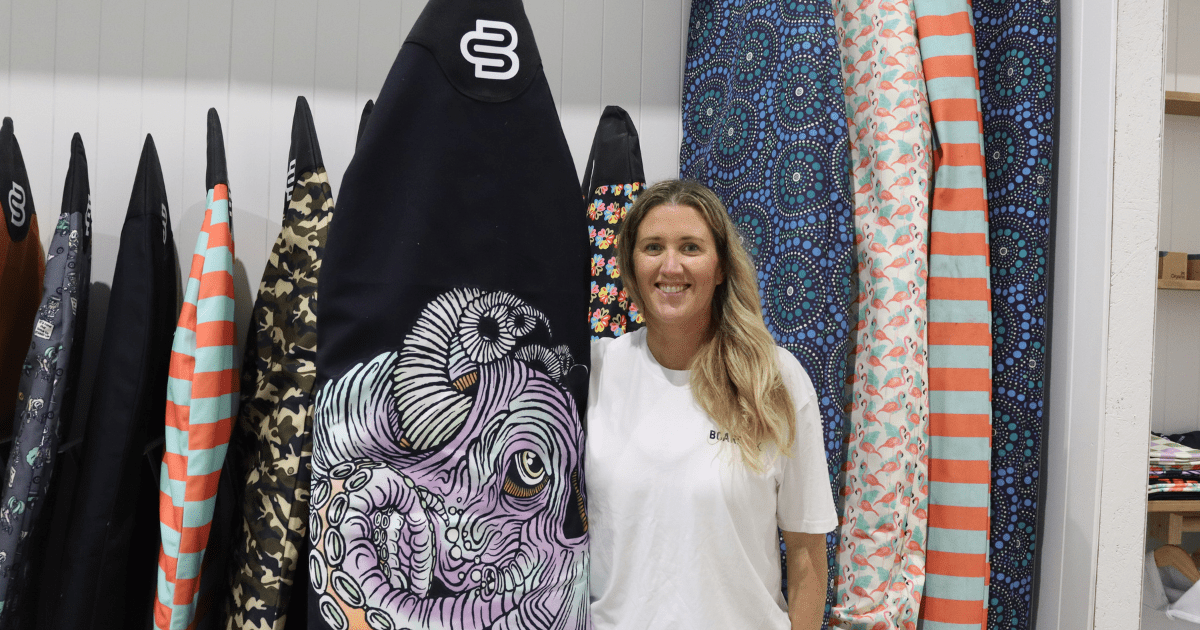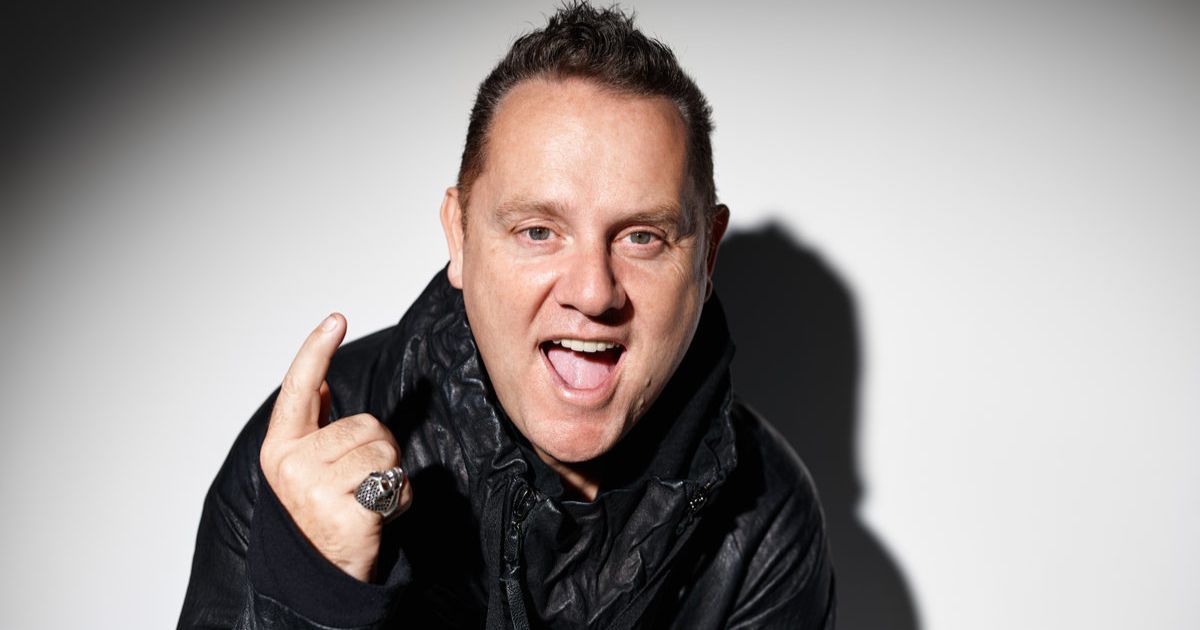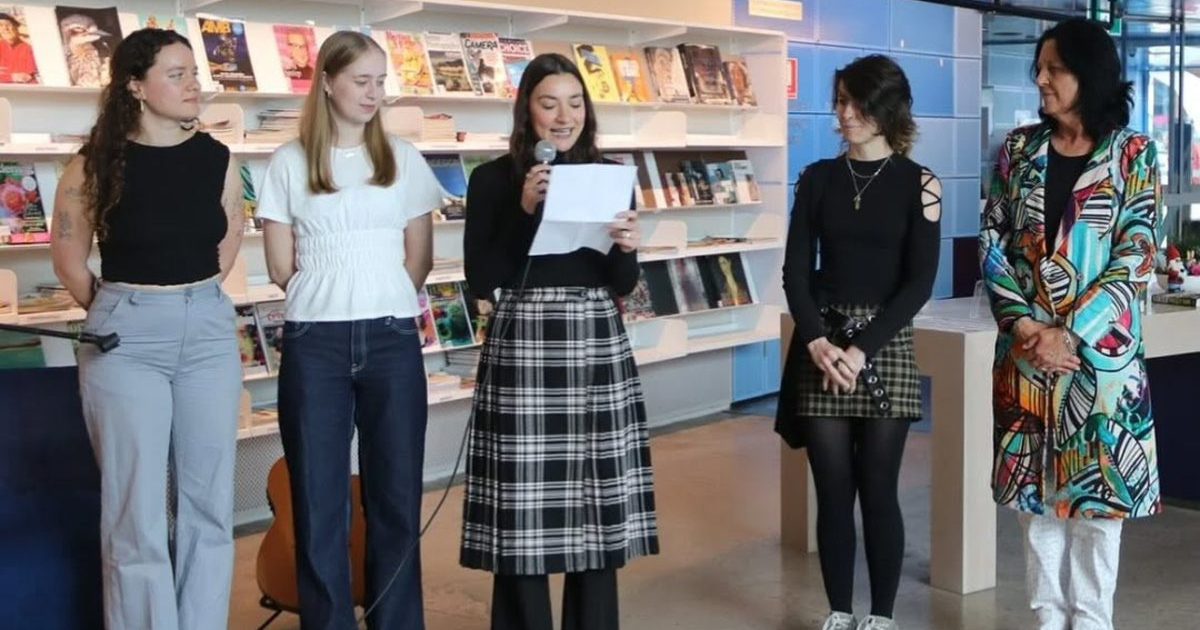HPV vaccination rates decline

Cancer Council Victoria's Kate Broun said there is a national strategy to have 90 per cent HPV vaccine coverage for both boys and girls by the age of 15 by 2030. Photo: LINKEDIN/KATE BROUN
Cancer Council Victoria is reminding parents about the importance of vaccinating their children against the human papillomavirus (HPV).
New data shows HPV vaccine coverage in Victoria has continued to decline, following two years of pandemic-related disruptions.
The NationalCentre for Immunisation Research and Surveillance Australia (NCIRS) Annual Immunisation Coverage reports shows the proportion of 15-year-olds who havehad one dose of the HPV vaccine in Victoria has declined from 88.2 per cent to 86.8 per cent for girls and from 86.2 per cent to 84.2 per cent for boys from 2020 to 2022.
The HPV vaccine protects against nine types of HPV that cause almost all cases of cervical cancer, other HPV-related cancers and genital warts.
In Victoria, all children aged 12-13 are provided the HPV vaccine for free under the National Immunisation Program, delivered through the school-based immunisation program.
The vaccine is free for people aged 12-25 and most people now only require one dose.
Cancer Council Victoria head of screening, early detection and immunisation Kate Broun said the continued decline of HPV vaccination coverage was concerning, and it could put more young Victorians at risk of developing HPV-related cancers and diseases.
“The declines we saw in HPV vaccination uptake in 2020 and 2021 were expected due to the effects of COVID lockdowns on the school-based vaccination program, but it’s concerning to see this trend continuing into 2022, with thousands of Victorian teens still missing out on receiving the vaccine when recommended.
“The HPV vaccine works best when given at a younger age and before sexual activity commences, so it’s important that children are receiving it when they are due and if they havemissed it, that they catch up as soon as possible to give them the best protectionagainst HPV-related cancers and diseases in the future.” Ms Broun said.
The HPV vaccine is best known for its role in preventing cervical cancer and is a critical tool in the federal government’s National Cervical Cancer Elimination Strategy.
Ms Broun said the strategy set a target of 90 per cent HPV vaccine coverage for both boys and girls by the age of 15 by 2030, to help eliminate cervical cancer as a public health problem in the country by 2035.
“Cervical cancer is one ofthe most preventable cancers. Thanks to our national HPV immunisation and cervical screening programs, Australia is on track to be one of the first places in the world to eliminate cervical cancer as a public health problem.”
Minister for Health Mary-Anne Thomas said the science showed the HPV vaccine was safe and effective.
“That’s why it is so important that Victorian teenagers get vaccinated – it’s free, quick and will prevent them from potentially developing serious health conditions such as cervical cancer.”
If your child is due for their HPV vaccine this year, parents should ensure the consent form is returned in time for vaccination day.
Parents who aren’t sure whether their child has had the HPV vaccine can speak to their doctor or check the Australian Immunisation Register.
For more information, head to hpvvaccine.org.au

















